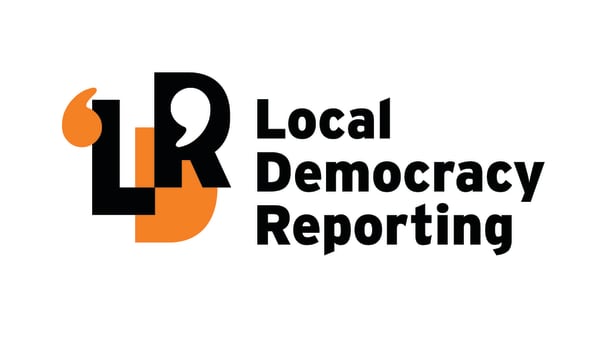Gisborne Mayor Rehette Stoltz says her region is an outlier and therefore should be exempt from the Government’s proposed changes to Māori wards.

Stoltz was among more than 50 council mayors and chairs throughout the country who signed a letter criticising the Government’s proposed bill on Māori wards.
She said she signed the letter on behalf of Gisborne District Council because they followed the proper democratic process to create the Māori ward.
“We have seen a beautiful contribution around the table from our Māori ward councillors.”
The Government’s proposed bill would mean councils that established Māori wards post-2021 must choose to either reverse their decision or have a binding referendum at their next elections.
Local Government New Zealand co-ordinated the letter, which said the bill was “an overreach on local decision-making”.
Stoltz said Gisborne and nine other councils are “outliers” to the reasoning behind the proposed bill.
Speaking to Local Democracy Reporting, Stoltz said her council did extensive community consultation and had public hearings on whether to introduce Māori wards in 2020.
“The consultation on Māori wards received 293 responses, the largest number of submissions compared to previous engagements.
“Of these, 68.4 per cent saw value in establishing Māori wards in Tairāwhiti, and 67.6 per cent confirmed their desire to see them established.”
As required by law, the council notified the public of its decision and provided an opportunity for electors to demand a referendum.
“However, no such demand was received,” she said.
After a representation review, which included Māori wards, councillors voted to introduce them for the 2022 and 2025 local body elections.
These processes overlapped with the previous Government’s legislative changes, which meant binding polls could not force Māori ward referendums.
“Gisborne District Council and nine other councils are in a position where we did follow the proper process,” she said.
Some councils introduced Māori wards after the legislation changed and their communities went without the chance to be consulted or have a referendum, she said.
“But this was not the case for Gisborne.”
The letter to the Government also raised concerns that the changes would distract “from the hard work that councils are doing to deliver infrastructure and keep costs down for their communities”.
Stoltz said introducing a referendum with the next elections would cost the council $7500 plus GST.
Minister of Local Government Simeon Brown said he disagreed with the letter’s assertion.
“This Government believes in localism and in letting local people decide their constitutional arrangements.”
Councils that introduced Māori wards following referendums where the public supported this decision were unaffected by the legislation changes, Brown said.
“All other councils will be required to hold referendums.
“South Taranaki, Ruapehu and Gisborne district councils resolved to introduce Māori wards in October and November 2020.
“In February 2021, the Government introduced legislation to strip communities of having their say over Māori wards and removed any petition rights.”
Three months was not enough time for communities to have their say in a petition, he said.
Councils that introduced Māori wards under the previous Government’s legislation and voluntarily put their proposals to a referendum would be unaffected by the Government’s changes, including Ōpōtiki District Council.
Stoltz questioned why the Government only introduced this legislation for Māori wards and not other wards.
“I think it would be fair if the Government introduced legislation which includes rural wards as well, or the different types of representation, then I would have absolutely no issue with it — but at this stage, it’s only the Māori wards.”
However, Brown said unlike general wards, Māori wards were based upon race, rather than where people reside.
The bill passed its first reading in Parliament on Friday.
— LDR is local body journalism co-funded by RNZ and NZ On Air.








7 comments
Thank you, Minister Simeon Brown, for standing for our rights to have a referendum on this matter. Our community will have a chance to say No to dividing us based on race. With a population of more than 50% Maori and a great pool of capable Maori candidates, there is no need for a Maori ward in Tairawhiti. This is demeaning to our people and to the concept of democracy.
Instead of listening to LGNZ, we need to pull out of this Woke institution, just like Auckland council did. How much is the council spending on membership of LGNZ? Now, that is a good saving for ratepayers!
Mayor Stoltz needs to respect democracy and let us have our referendum on the subject. Last I checked, we haven’t voted for LGNZ nor did we ask our mayor to advocate on our behalf to deprive us of our democratic rights.
JOIN THE CONVERSATION
Read and post comments with a
Newsroom Pro subscription.
Subscribe now to start a free
28-day trial.